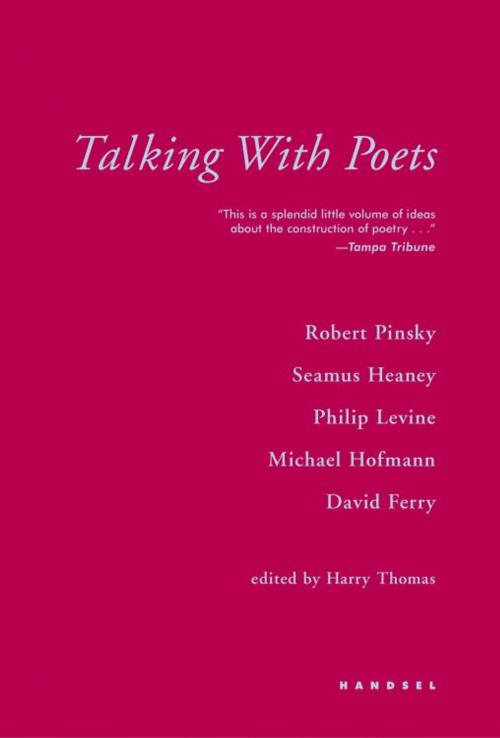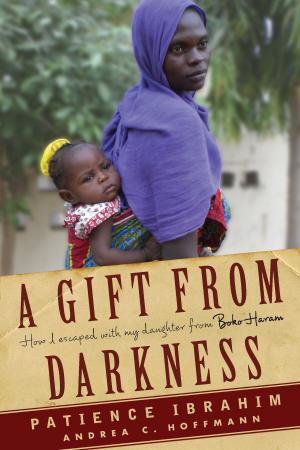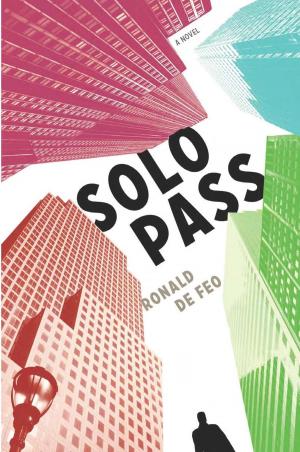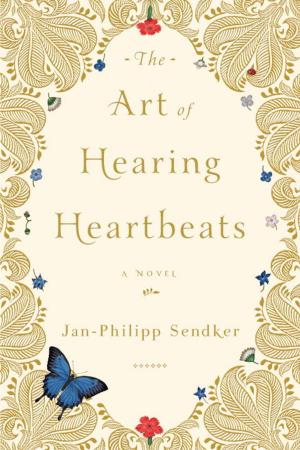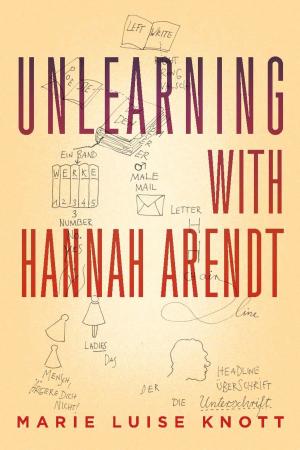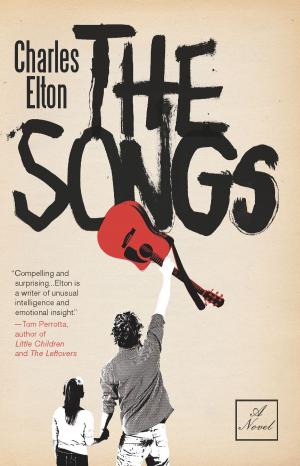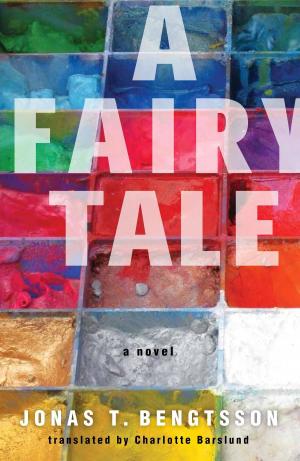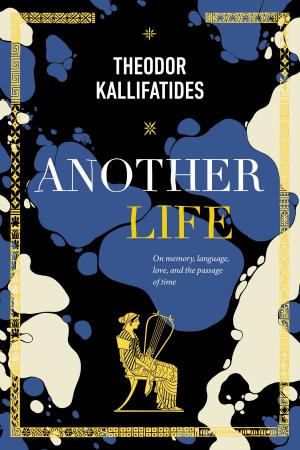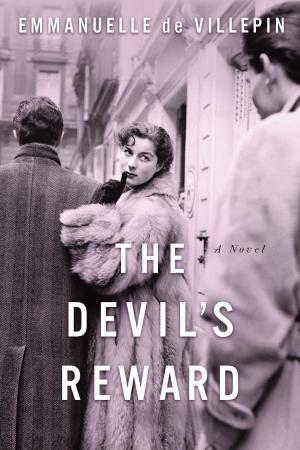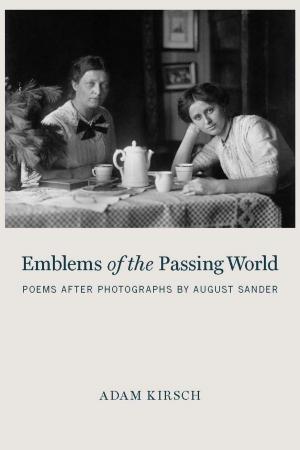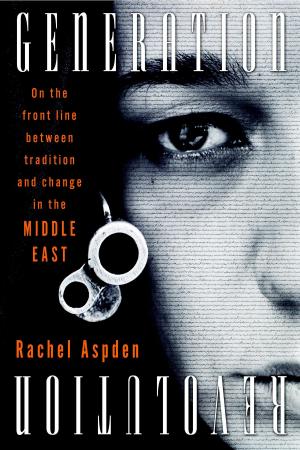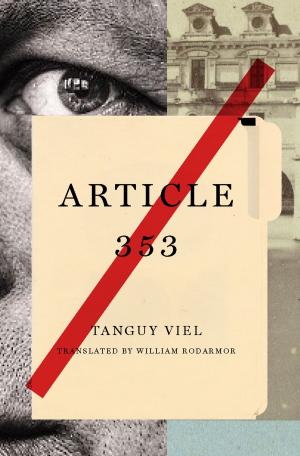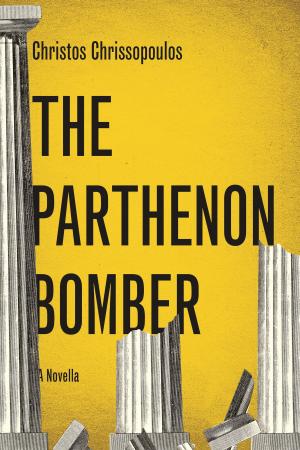Talking with Poets
Interviews with Robert Pinsky, Seamus Heaney, Philip Levine, Michael Hofmann, and David Ferry.
Fiction & Literature, Literary Theory & Criticism, Books & Reading, Biography & Memoir, Literary, Poetry| Author: | ISBN: | 9781590514399 | |
| Publisher: | Other Press | Publication: | July 13, 2010 |
| Imprint: | Other Press | Language: | English |
| Author: | |
| ISBN: | 9781590514399 |
| Publisher: | Other Press |
| Publication: | July 13, 2010 |
| Imprint: | Other Press |
| Language: | English |
The five interviews in this book were conducted by students in “The Art of Poetry,” a course that Harry Thomas taught for several years. The students’ depth of knowledge and keenness of insight into the poets’ work is an affirmation of American education. The poets respond to the students with a frankness and feeling of fraternity that mounts at times to a sort of communion.
The poets take up a great range of matters in the interviews the nature of artistic creation, the varieties and difficulties of poetic translation, poetry and politics, religion, popular culture, the contemporary readership for poetry, and the experience of living as a poet in a country not your own. They speak with familiarity and enthusiasm of a number of writers, including Eliot, Joyce, Rilke, Brodsky, Pound, Ovid, Dante, Ralegh, Wordsworth, Keats, Mandelstam, and Wilde. One of the delights of reading these interviews is to observe the poets responding to the same matter for instance, Seamus Heaney speaking of Robert Pinsky’s translation of Czeslaw Milosz’s great poem, “The World,” and Robert Pinsky speaking at length of Seamus Heaney’s essay, in The Government of the Tongue, on Pinsky’s translation. This is an intimate look into the minds of five of our most celebrated contemporary poets and an invigorating meditation on some of our most human concerns.
The five interviews in this book were conducted by students in “The Art of Poetry,” a course that Harry Thomas taught for several years. The students’ depth of knowledge and keenness of insight into the poets’ work is an affirmation of American education. The poets respond to the students with a frankness and feeling of fraternity that mounts at times to a sort of communion.
The poets take up a great range of matters in the interviews the nature of artistic creation, the varieties and difficulties of poetic translation, poetry and politics, religion, popular culture, the contemporary readership for poetry, and the experience of living as a poet in a country not your own. They speak with familiarity and enthusiasm of a number of writers, including Eliot, Joyce, Rilke, Brodsky, Pound, Ovid, Dante, Ralegh, Wordsworth, Keats, Mandelstam, and Wilde. One of the delights of reading these interviews is to observe the poets responding to the same matter for instance, Seamus Heaney speaking of Robert Pinsky’s translation of Czeslaw Milosz’s great poem, “The World,” and Robert Pinsky speaking at length of Seamus Heaney’s essay, in The Government of the Tongue, on Pinsky’s translation. This is an intimate look into the minds of five of our most celebrated contemporary poets and an invigorating meditation on some of our most human concerns.
